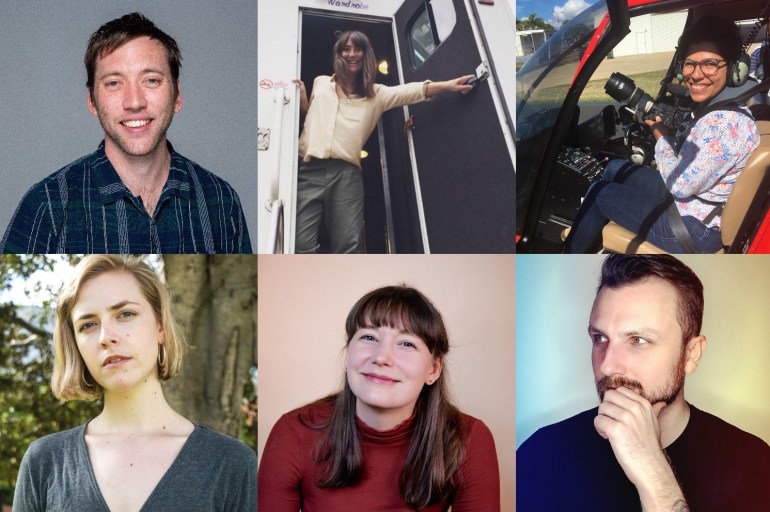IF is currently compiling its Rising Talent list for 2024, our annual celebration of the industry’s next big things, both above and below-the-line. And as always, we encourage you to have your say. Don’t forget to send your recommendations for the list to risingstars@if.com.au before November 3.
In the meantime, we thought we’d catch up with some of those we featured on Rising Talent list for 2023. This is part one, with more interviews to come next week!
Our Rising Talent 2023 list was brought to you by our major sponsor, AFTRS.
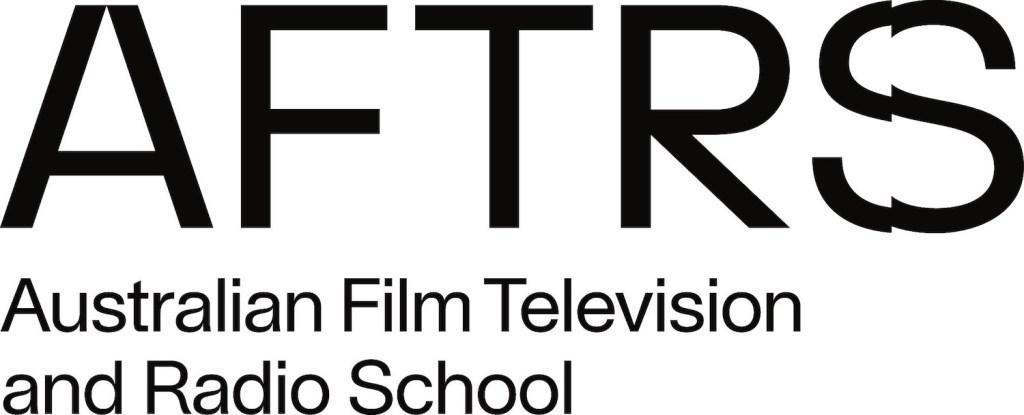
Cinematographers
Brought to you by Videocraft

Sissy Reyes
What have you been working on the last 12 months?
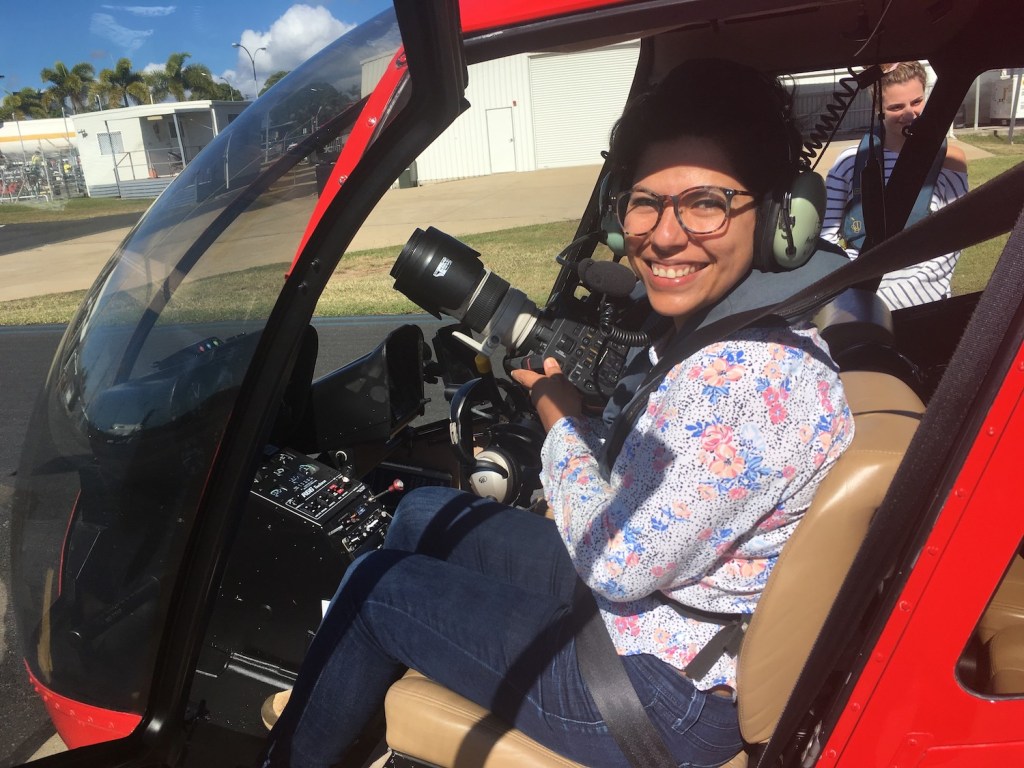
A combination of things luckily! I had a dip in drama operating a bit for the wonderful Joe Pickering ACS on the TV series Paper Dolls, which was just so much fun! But I’ve mainly stuck to my guns in documentary land operating and doing additional cinematography for Marc Fennell’s The Kingdom and The Mission with super talented DOP Dean Brosche. I’ve done B-Cam for the legend Kathryn Millis ACS on Her Name is Nanny Nellie which just premiered at Adelaide Film Festival and we just got back from Los Angeles on the second feature doco directed by the very talented Christopher Nelius. Now I am shooting main photography on all Australian locations for the ABC’s Stuff the British Stole season 2.
Why did you initially decide you wanted to be a cinematographer?
Oh wow… I think it kind of started when I was a naive teenager growing up in Mexico and the new wave of Mexican cinema was taking off with three amigos (Cuarón, Del Toro and Iñarritu) making incredible films. They all had these beautiful, raw, experimental and emotionally captivating images, telling stories in a very different way to polished Hollywood blockbusters or verité European arthouse; they kind of were somewhere in the middle. So I looked up Emmanuel Lubezki and Rodrigo Prieto and I just fell in love with the whole thing. I became obsessed by all things image in film, photo or painting. I mean, Mexico does have a history of amazing iconography and legendary artists like cameraman Gabriel Figueroa, photographer Manuel Alvarez Bravo, painters Diego Rivera, Remedios Varo, Rufino Tamayo and Leonora Carrington… And then, well lots of things happened, including migrating to the other side of the world! And somehow this undying obsession with telling stories through images hung around long enough to drive me to stick to it! First with fine art photography and later cinematography.
What’s the advice you wish you’d gotten when you were starting out?
Oh I have a few. Don’t be afraid to reach out to people you admire or want to work with – people are just people – and like you they also had to start somewhere – most of the jobs you’ll get will be through the networks you shape up. All opportunities are good opportunities to learn. Don’t be afraid of things not being perfect all the time; the biggest lessons you’ll learn in your career will come from those times when things were not perfect.
What’s the biggest issue facing DOPs who are trying to cut their teeth in the Australian industry?
Oh god… Well, it really depends on what you want to do, TVCs, drama, documentary, etc. There will be different challenges for each. But in a small film industry like Australia’s, with a limited pot of money, there will be a natural reluctance for taking risks on new people who haven’t done certain jobs before, so I think having people trust you can do the job, within budget, schedule and using the resources available is as important (or sometimes more) than getting the prettiest of pictures.
Your best gig so far and why?
This is tough. I have to choose one? I don’t think I can, there’s so many things I love about different projects, but perhaps I can say working for The Feed at SBS for a bit was an amazing formative experience. I got to travel all over Australia crafting stories weekly and they just really let me be as creative as I could with in the format. The team was amazing, talented, ambitious and overall legends in their craft, wether it was comedy or investigative journalism, everyone gave 100 per cent. It was inspiring and lots of fun.
Any people who have championed your career you want to give a shout out to?
Yes! I got a few… Velinda Wardell ACS, Kathryn Millis ACS, Justine Kerrigan ACS and Bonnie Elliott ACS are some of the most talented DOP’s in this country and I am very lucky to count them amongst the people I can call for support, advice or just to have a chat. Also my dear friends writer/director Corrin Grant and DOP Dean Brosche who are incredible filmmakers and humans. And the talented Marc Fennell who has been championing and trusting me with his incredible show this year (STBS).
Last film/TV show that inspired you?
Past Lives – amazing, moving, elegant and beautiful. A masterclass in simplicity and cinematic language.
Who would you love to work with in the future?
Well I don’t have anybody in particular that I know personally, but there are a few Indigenous Australian filmmakers whose work is incredible. I have had the privilege to travel to country and help create important stories for First Nations Peoples in long-form documentary and current affairs, and I would love to do more… Perhaps even dip my toe again operating for drama!
Composers
Dmitri Golovko
What have you been working on the last 12 months?
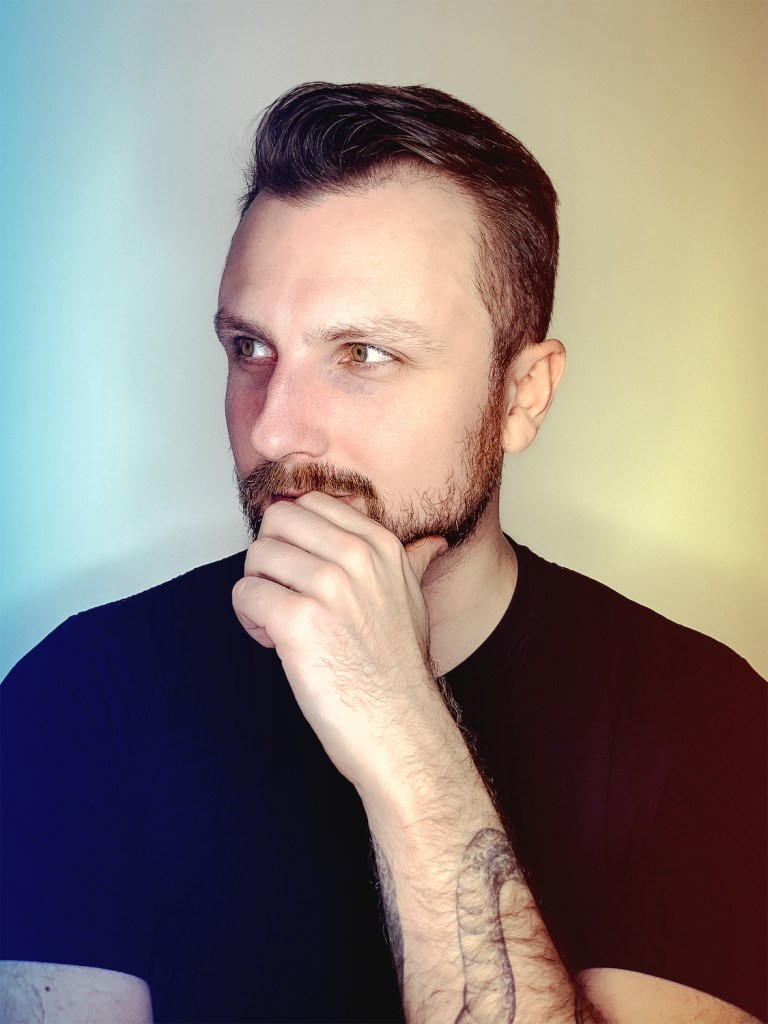
During the last 12 months I finished scoring a feature-length horror film based on true events called Godless: The Eastfield Exorcism. We had our Australian premiere at Melbourne International Film Festival earlier in the year and we won the Audience Choice Award for the film at Sitges this year.
I also had the pleasure of scoring a few episodes of season 2 of Rock Island Mysteries for Fremantle. It was my first time doing kids TV and I had an absolute blast! I hope I’ll get more opportunities like this in the future.
And I had a great time collaborating once more with my Zeitgeist Music partners, Burkhard Dallwitz and Brett Aplin on a score for a documentary film called Brand Bollywood Downunder. We released the soundtrack album not long ago.
A comedy adventure game I have been creating music and sound for, The Dungeon Experience, has finally had its first public showing at PAX in Melbourne last month as well as SXSW Sydney. It was great being able to finally show the amazing work the development team has been doing on it for the past couple of years. We look forward to sharing more progress on the game later next year.
Why did you initially decide you wanted to be a composer?
Music has been a part of my life for as long as I can remember. But I’ve also always been very drawn towards storytelling. I think because of that I eventually realised I could help tell stories through my music by pairing it with the various media that I love. Whether it’s film, television, video-games, or even theatre, I love being able to score the world of that story, whatever it is.
What’s the advice you wish you’d gotten when you were starting out?
I think maybe it would be “don’t stop” and “be patient”. I’ve had some great opportunities, but that also has come with a lot of failures. A lot. I’ve had numerous occasions where things have for one reason or another not worked out. And it used to really get me down. Losing a big job or opportunity is never easy, especially because they don’t always come often. But that’s why I now try to tell myself all the time; just “don’t stop” and “be patient”. The next great project could be right around the corner.
What’s the biggest issue facing composers who are trying to cut their teeth in the Australian screen industry?
I think there are many… but the main two that are probably at the forefront of everyone’s minds right now are AI, and the erosion of our rights we are experiencing across the industry. Up-and-coming composers need to be aware of their own rights and need to do their best in protecting themselves and their future.
Your best gig so far and why?
That’s a very tough question. It’s like trying to pick a favourite child! Every project is so different there’s always something to love in each one. Whether it’s the fun ’60s inspired retro music from Ms Fisher’s Modern Murder Mysteries, the dramatic horror of Godless: The Eastfield Exorcism or scoring a saxophone-playing crab in The Dungeon Experience, I try to bring my absolute best to each new project. So maybe the answer is… whatever the next thing is!
Any people who have championed your career you want to give a shout out to?
I definitely wouldn’t be where I am if it wasn’t for a whole heap of people who gave me a shot when no one else would. Some of the names that come to mind are Patrick Hughes, Burkhard Dallwitz, Brett Aplin, Joel Kohn, Nick Kozakis, Jacob Janerka, Carl Sorheim, Nicholas Carlton and many many others.
Last film/TV show that inspired you?
Killers Of The Flower Moon. I just got back from seeing it at IMAX. And I feel especially proud of myself for not needing to go to the toilet once during that entire three and a half hours of runtime.
Who would you love to work with in the future?
There’s a ton of people I’d love to work with. Too many! There’s just way too many names of amazing producers, directors and creators who I admire to put on a list. I would honestly just love to make more music with anyone that’s trying to tell a compelling story.
Costume Designers
Emma Lamp
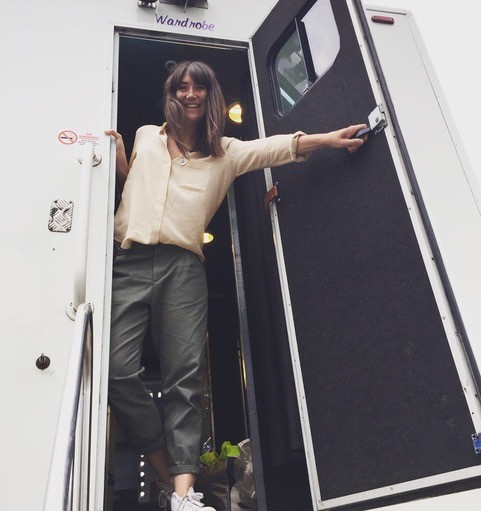
What have you been working on the last 12 months?
Only commercials this year, just finished Coles Christmas earlier this month and yesterday Somersby Cider. Both had great opportunity for interesting costume.
Why did you initially decide you wanted to be a costume designer?
I started as a stylist in London working for record labels, dressing artists for TV press and music video. I realised I love fashion, but I prefer finding clothes that describe a character, rather than what’s trending. Costume is more story-based. Plus I love working as part of a crew.
What’s the advice you wish you’d gotten when you were starting out?
You can charge overtime at 8 or 10 hours. No one told me for years!
What’s the biggest issue facing costume designers who are trying to cut their teeth in the Australian screen industry?
Prejudice that working in TVC isn’t as skilled as working in film. A costume designer in TVC runs all costume departments; they’re often making high end creative work, working at lightning pace dealing with last minute demands for clients. This experience could be seen as valuable but for some reason it seems hard to cross over into long form.
Your best gig so far and why?
Definitely Latecomers. I thought I’d hate working on the same thing for weeks on end but I loved the freedom to be able to design what my vision was and not what a marketing agency wanted to in order to sell stuff. This resulted in what I consider to be some of my best work.
Any people who have championed your career you want to give a shout out to? In Melbourne Alice Grant and Justine Pitcher really helped me get into the industry when I moved here and knew no one. Thankyou!
Last film/TV show that inspired you?
Not Australian but The Bear. The costume doesn’t look like the actors are wearing costume, more that this is believable to their character.
Who would you love to work with in the future?
I really want to work with Gracie Otto and back with Madeleine Gottlieb anytime ever.
Directors
Brought to you by Post Lab IO
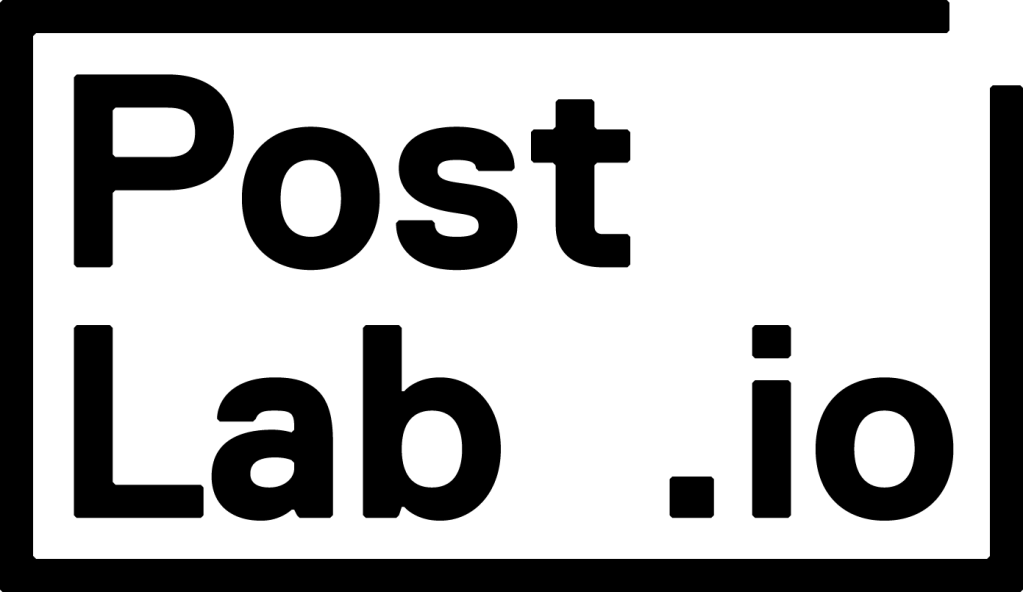
Imogen McCluskey
What have you been working on the last 12 months?
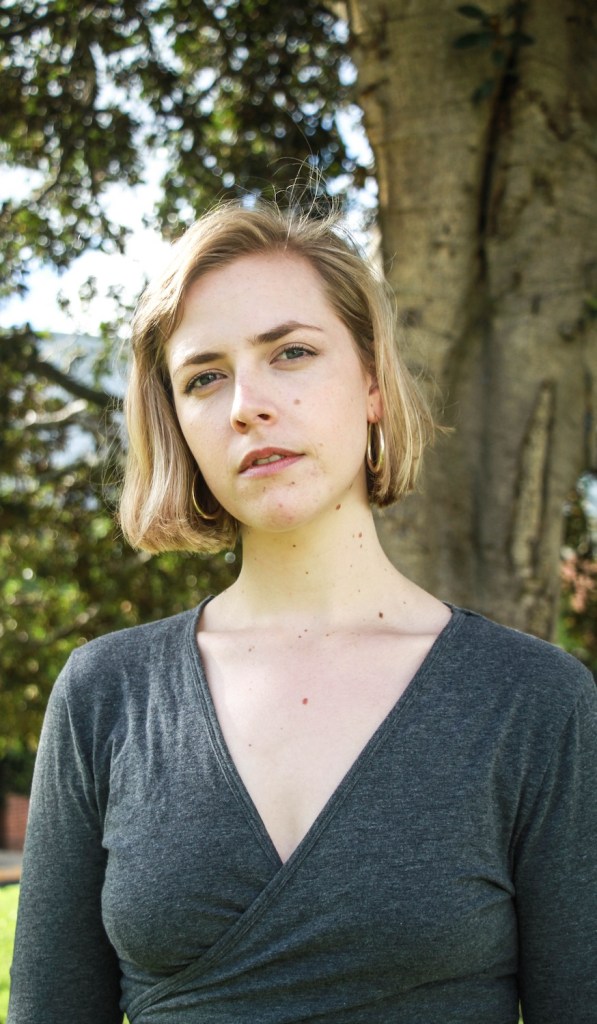
It’s been a busy 12 months! I have graduated with a Masters of Directing from the American Film Institute, shot and released my TV directing debut for the ABC and just finished my thesis film RAIN, which will begin its festival tour next year. I’ve now returned to Australia and am developing my second feature film Dial-Up – a coming of age comedy set in 2000 – and a slate of TV projects including an adaptation of my short film Atomic Love.
Why did you initially decide you wanted to be a director?
I’ve always gravitated towards stories as they allow me to ‘live’ many lives in one. As a teenager I always had a creative drive to translate my experiences and questions about the world into short stories or images, but when I graduated high school, I went straight into biomedicine with a view to become a doctor because a life as an artist seemed impossible. After three weeks I dropped out, then followed a few years of trying different degrees – law, anthropology, and finally creative industries at QUT where I studied creative writing and theatre. Film still seemed so unachievable as an art form, but I made a small film when I lived overseas as a way of processing the death of a friend. So really, my journey into directing was almost accidental, but inevitable. This small film was part of my application to AFTRS, and from there I met my long-time collaborator Lucca Barone-Peters and my friends who would go on to make Suburban Wildlife, my first micro-budget feature, with me.
In its essence, I see directing as designing an experience for the audience. It is an immense responsibility and a never-ending journey towards improving your craft and communication, and I think there has to be something slightly wrong with you to persist in the face of so much rejection! But I think the unbreakable drive to try and understand the human experience and translate that into stories keeps me going, and a deep love of art and people in all their terrible, joyful, beautiful complexity.
What’s the advice you wish you’d gotten when you were starting out?
That it’s going to take a long time. Some people are very lucky and break through at a younger age, but most people slog it out for many years before getting even a foot in the door. So my advice is be kind, take breaks and be patient. Burnout is so common in our industry, especially when balancing freelancing with multiple casual jobs to pay the bills. I’ve learned the hard way that your health is the most important thing, so always try to prioritise that!
Also another thing people always say to young directors is ‘develop your voice’. There are many ways to go about this, but really it’s about how you see the world and relate to other people. So a good place to start, if you want to work outside-in, is to look at what makes you really excited in stories. Is it a particular kind of character, genre, or world? What would you give anything to direct, and then try to figure out what it is about you that is responding to it. That could be a good place to start, but it’s a lifelong journey and ever changing. Don’t stress out that you don’t have the answers quite yet! Find what gives you joy and excitement, and follow that.
What’s the biggest issue facing directors who are trying to cut their teeth in the Australian industry?
I think our industry – particularly TV – is in a time of exciting transition. At least, I hope it is. In many ways we have been left outside of the ‘golden age of TV’ that happened in the US and overseas, and are still searching for a voice, or breakthrough TV show that is uniquely Australian but also accessible and commercial. In fact, I believe this specificity is what will bridge the gap. I hope that with the arrival of the streamers – Amazon and Netflix – as well as a new generation rising up in the networks and production companies, that we are braver with our commissioning and support of distinctive voices, visual bravery and stories that showcase a uniquely Australian point of view. In my mind, there is no reason why we can’t have a show like The Bear, for example, which is actually a very simple and contained story with strong visual choices that enhance the storytelling, and specific characters and sense of place. I hope we are braver with the work we create, because there is more than enough talent here to really shine on the world stage.
Your best gig so far and why?
I am so grateful any time I step on set, because so much work involved in building a directing career doesn’t involve the act of directing itself. So much is pitching, developing work, and simply surviving. So I’m happiest on set, and love the controlled chaos of it all. Almost all the directing gigs I’ve had so far were opportunities I’ve made for myself, so the privilege of directing Soundtrack To Our Teenage Zombie Apocalypse for the ABC was a real joy. Helming the whole series – all 10 half hour episodes – with a relative amount of creative freedom and ambition, was an amazing opportunity. Our team was so wonderful, including our incredible actors, but the crew was so warm and really believed in the project, sometimes staying after wrap to watch cuts of episodes. That community feel is something I want to create on every job.
Any people who have championed your career you want to give a shout out to?
I met Alice Bell through the ‘Smart for a Girl’ screenwriting initiative she ran with Imogen Banks way back in 2017, and we’ve become good friends since then. I admire her so much as a creative and as a human being, and her warmth, humour, generosity and tenacity is so inspiring. Also, Samantha Lang is a powerhouse I met when she was my directing teacher at AFTRS and have kept in touch with over the years. She’s inspiring in so many ways, with a strength of vision and articulation I hope to emulate one day. Two absolute queens!
Last film/TV show that inspired you?
I recently watched Velvet Goldmine directed by Todd Haynes for the first time, and it was a strange, sexy, beautifully theatrical and delicious trip of a film that is constantly surprising. It was so refreshing to see an unconventional narrative, especially after being so concentrated on the traditional ‘Hollywood’ model of filmmaking.
Who would you love to work with in the future?
All my friends know my passionate love for Muriel’s Wedding, so working with Toni Collette would make me pass away. But there are also so many young actors coming up who are really exciting and breaking through internationally, who are also writers and directors. There’s a great new wave of Australian storytelling coming. I’m excited for it!
Editors
Lily Davis
What have you been working on the last 12 months?
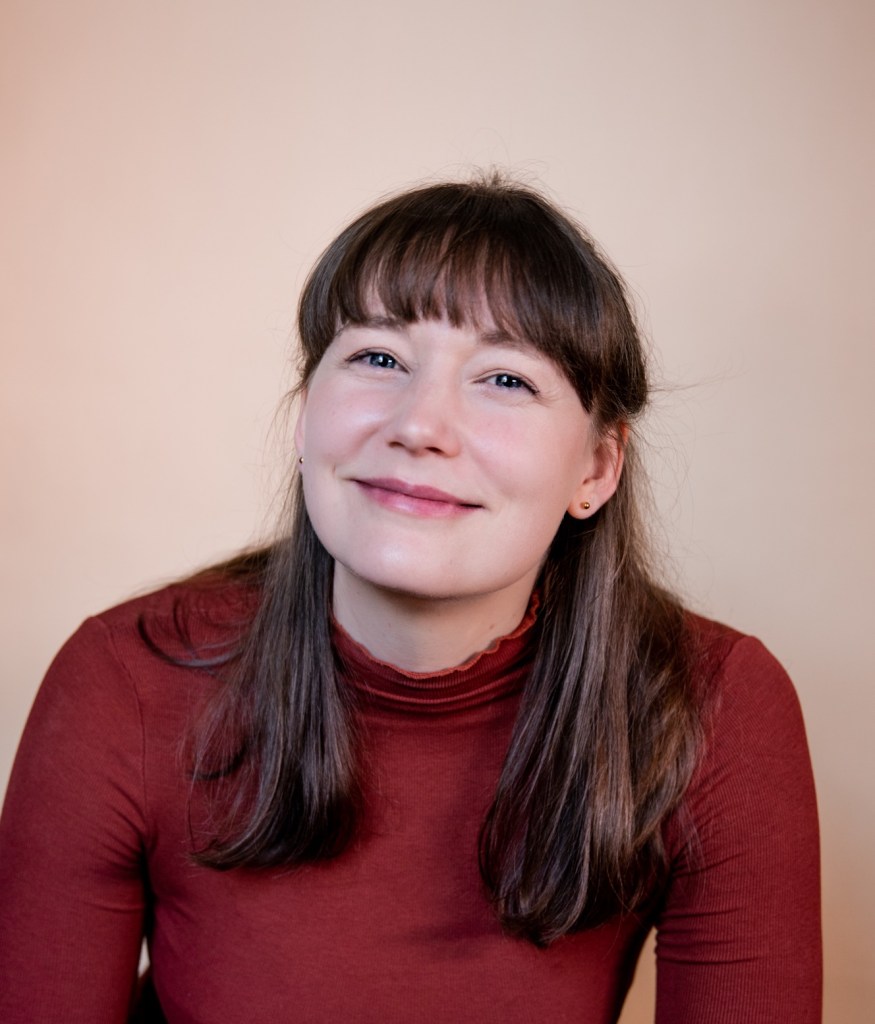
I’ve recently picture locked the edit on my first narrative feature Jones Family Christmas with director Stef Smith. The film is scheduled for release on Stan in late November. I’ve also been lucky enough to work on some brilliant short films and commercials.
Why did you initially decide you wanted to be an editor?
I’ve wanted to work in film since enlisting my entire family to star in my four-part film series The Evil Plan at age nine (featuring some pretty questionable in-camera editing). Embarrassingly, it wasn’t until film school that I truly understood what the role of an editor was. Once I got a taste for the creativity and scope of the edit room I was hooked.
What’s the advice you wish you’d gotten when you were starting out?
Try everything! Cutting a diverse range of content will expand your toolkit as an editor. ‘Try everything’ also means keeping an open mind to ideas in the edit suite before you write them off. You can always be surprised by what ends up improving the cut.
What’s the biggest issue facing editors who are trying to cut their teeth in the Australian screen industry?
I think it can be difficult to get a foot in the door in the first place. There are limited opportunities to get a broadcast credit. The Australian Screen Editors Guild is attempting to combat this through initiatives like the First Cut program and mentorship, but it can still be competitive.
Your best gig so far and why?
It’s impossible to single one out! I’ve had far too much fun on too many projects. Working on Wash My Soul In The River’s Flow was a special experience. It’s a documentary about Archie Roach and Ruby Hunter, and the director Philippa Bateman and I spent a fair amount of time bopping to their beautiful music in the edit suite.
Any people who have championed your career you want to give a shout out to?
I’ve been mentored by many extraordinary editors. I would like to give special mention to Alexandre De Franceschi ASE, Mark Burnett, Bernard Garry ASE, Jessica Mutascio and Danielle Boesenberg just to name a few.
Last film/TV show that inspired you?
I just finished The Lost Flowers Of Alice Hart and was really moved by the editing from Deborah Peart ASE and Dany Cooper ASE. The way the stories and timelines were woven together was masterful.
Who would you love to work with in the future?
There are so many inspiring filmmakers working out there, so it’s about the story for me! I’m just looking to be challenged.
Producers
Brought to you by Post Lab IO

Liam Heyen
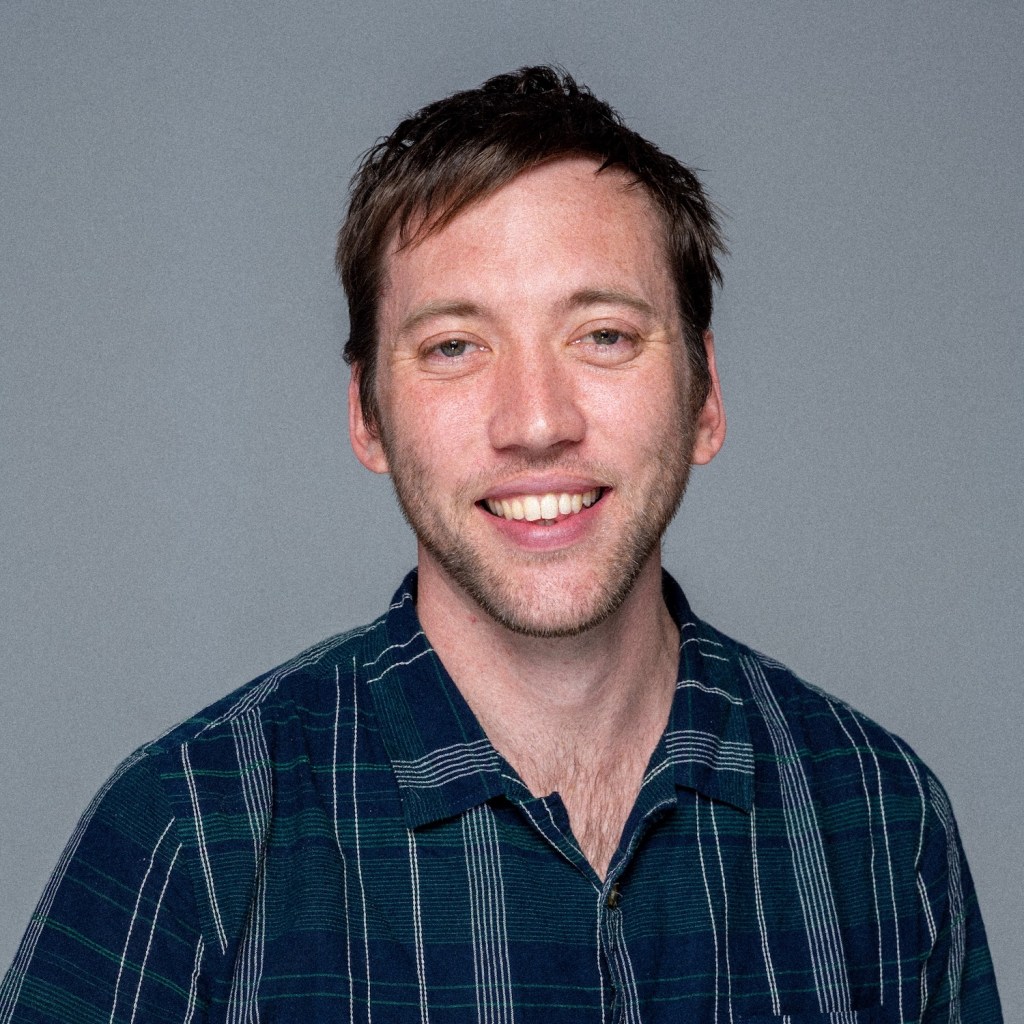
What have you been working on the last 12 months?
The past twelve months have been quite busy! I have been producing an extremely sexy anthology series called Erotic Stories for SBS/ITV Studios, alongside one of Australia’s best (and busiest!) producers, Helen Bowden of Lingo Pictures. I also made a proof of concept short film called Dog Eats World (written by Chika Ikogwe and directed by Harry Lloyd, and produced alongside my business partner Cyna Strachan) which we’re in post-production on. My short film Voice Activated premiered at Tribeca and has had a very busy festival run in Australia and internationally, culminating in the film being Academy Award eligible, which is slightly mind boggling. Alongside the other producer of Voice Activated Yingna Lu and writer/director Steve Anthopoulos, we’re currently in the midst of planning to release the film online and working out our next collaboration. I’m also in the final stages of financing Sophie Hyde’s feature film, called Jimpa, which will shoot in Amsterdam and Adelaide next year. Sophie is one of my favourite filmmakers so I’m constantly pinching myself.
Why did you initially decide you wanted to be a producer?
I’ve always been extremely bossy! Jokes aside, I naturally gravitated towards producing quite early on in my studies at Griffith Film School. The juggle of the creative and practical sides of producing makes sense in my brain, and I have always loved championing clever creative people. So it’s my dream job, really.
What’s the advice you wish you’d gotten when you were starting out?
I was fortunate to have some very good lecturers early on in my studies (shout out to Sue Swinburne and Andrena Finlay) so I was always encouraged to be confident and trust my intuition. In recent years I’ve done some tutoring at AFTRS and I always encourage my students to be as film literate as possible. i.e. watch Australian film and television if you want to work in the Australian film and television industry! It seems obvious but (for me at least) it requires conscious effort to stay abreast of what is being released both here and abroad.
What’s the biggest issue facing producers who are trying to cut their teeth in the Australian industry?
I find it can be extremely difficult in the beginning stages of development – especially for us early career producers. Development funding is so limited and you’re often competing with the big companies for funds, and the agencies whilst always really supportive sometimes have to make “safe” decisions about how to allocate funds – it is taxpayer money after all. It’s why schemes like SBS’s Digital Originals and Screen NSW’s Short to Feature Fast Track are incredible as they’re specifically targeting talent who are ready to make their first professional project but may not have the credits/industry recognition to be awarded the more traditional development/production funding.
Your best gig so far and why?
Latecomers, without a doubt! What I would give to find myself back on that set. I don’t think we all knew whilst making that show how significant the friendships we formed were going to be, or how much of an impact the series would have on so many people. We’re developing a long form version so are hoping to get the band back together in the not-too-distant future. But in the meantime the 6 x 10 minute series is available on SBS on Demand – check it out!
Any people who have championed your career you want to give a shout out to?
I cut my producorial teeth at Goalpost Pictures on projects like Top End Wedding and learned so much from the partners/producers at Goalpost – Rosemary Blight, Ben Grant, Kylie du Fresne, as well as other producers who worked there at the time including the wonderful Martha Coleman and Lauren Edwards. Tony Ayres was my mentor when I did the Ones To Watch program in 2022, and has since become such a wonderful source of calm, intelligent and lateral advice to me.
Last film/TV show that inspired you?
I’m late to the party but the last tv show I properly binged was called This Is Going To Hurt – incredible lead performances by Ben Whishaw and Ambika Mod which had me ugly crying at 4am trying not to wake up my housemates. And I’ve been revisiting a lot of my favourite feature films – recently I rewatched Children of Men which is a mind-blowing film. I love films which tell deeply human stories within a grounded sci-fi storyworld.
Who would you love to work with in the future? I was blown away by Close which is a feature film written/directed by Belgian filmmaker Lukas Dhont. Come to Australia, Lukas!
As mentioned, we’d love to hear your suggestions for 2024 across the following categories:
Actors
Casting Directors
Cinematographers
Composers
Costume Designers
Directors
Editors
Hair and Makeup
Producers
Production Designers
Sound
VFX and Animation
Writers
Email: risingstars@if.com.au before November 3 COB. In your submission, please tell us why the industry should sit up and pay attention to this person’s body of work.
The full Rising Talent list for 2023 was:
Actors: Julia Savage, Markella Kavenagh, Tuuli Narkle, Shantae Barnes-Cowan, the ensemble cast of Heartbreak High
Cinematographers: Tyson Perkins, Kate Cornish, Maxx Corkindale, Edward Goldner, Sissy Reyes
Composers: Angela Little, Evelyn Ida Morris, Salliana Seven Campbell, Daniel O’Brien, Dmitri Golovko
Costume Designers: Emma Lamp, Olivia Simpson, Victoria Perry, Eryn Burnett-Blue, Genevieve Graham
Directors: Imogen McCluskey, Neil Sharma, Matt Vesely, Stef Smith, Kane Senes and Hannah Barlow
Editors: Lily Davis, Daniel Oates, Michelle McGilvray, Rishi Shukla, Isaac Coen Lindsay
Hair and Makeup: Aoife Murray, Rebecca Burrato, Karen Gower, Rebecca Allen, Samara Gildea
Producers: Bethany Bruce, Liam Heyen, Jessica Magro, Tsu Shan Chambers, Sarah Freeman
Production Designers: Marni Kornhauser, Wei Guo, Aisha Phillips, Jonah Booth-Remmers, Emma Bourke
Sound: Weronika Raźna, Adam Dixon-Galea, Xoe Baird, Marisa Marsionis, Rose Mackenzie-Peterson
VFX and animation: Alana Lennie, Matt Crump, Tessa Bright, Jordan McInnes, John Bastian and Ben Ward
Writers: Huna Amweero, Hannah Carroll Chapman, Gretel Vella, Josh Sambono, Jessica Tuckwell


